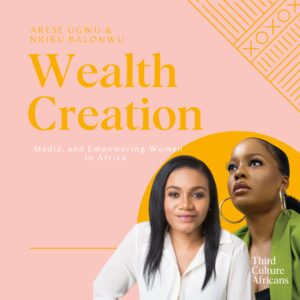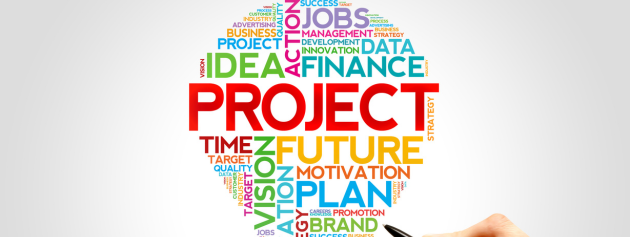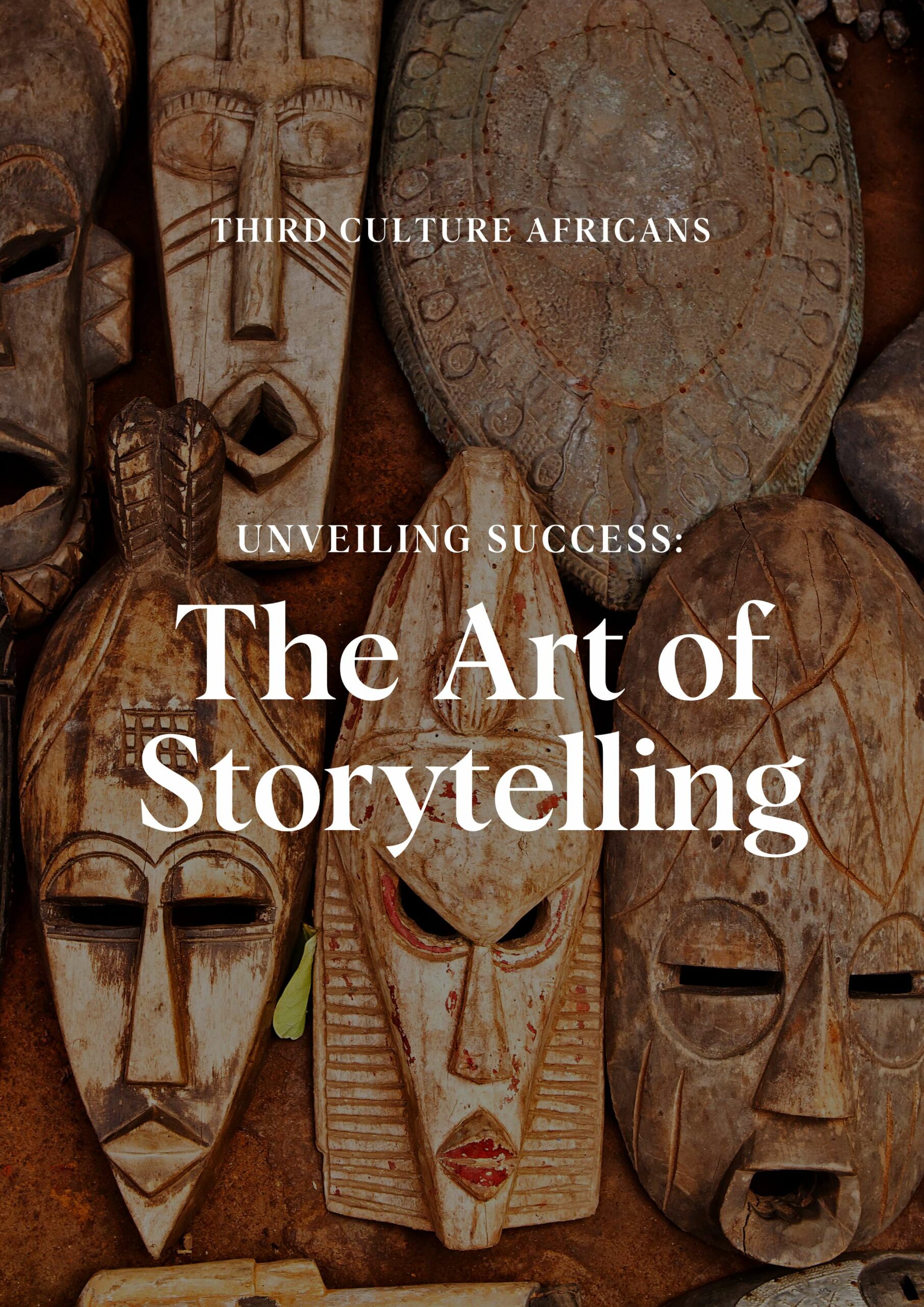In an increasingly complex and fast-paced world, the significance of cognitive development in individuals, particularly in children and young adults, has garnered considerable attention from educators, psychologists, and parents alike. One of the most effective and engaging ways to foster this development is through creative projects, which encompass a broad spectrum of activities ranging from visual arts and music to writing and hands-on crafts. These creative endeavors not only stimulate the brain but also encourage critical thinking, problem-solving, and emotional expression. Research indicates that participation in creative projects can lead to enhanced cognitive skills, including improved memory, attention, and the ability to process information. Furthermore, these activities often require collaboration and communication, promoting social skills that are equally vital for holistic development. By exploring the multifaceted benefits of creative projects, this article aims to illuminate their essential role in cognitive growth, underscoring the necessity of integrating creative initiatives into educational curricula and everyday life. As society continues to evolve, understanding the connection between creativity and cognitive enhancement will be crucial for nurturing the next generation of innovative thinkers and problem solvers.
Creative projects stimulate critical thinking and problem-solving skills in individuals of all ages.
Engagement in creative projects fosters an environment where individuals can explore diverse perspectives and approaches to challenges. By encouraging the formulation of unique ideas and the experimentation of various solutions, these projects demand a level of analytical thought that transcends routine cognitive tasks. Participants must assess their ideas critically, weighing the merits and drawbacks of different possibilities, which promotes a deeper understanding of the problem at hand. This iterative process of hypothesis, experimentation, and reflection not only enhances problem-solving skills but also cultivates a mindset geared toward innovative thinking.
Furthermore, the collaborative nature of many creative endeavors provides an opportunity for individuals to engage in discourse and debate, further refining their critical thinking skills. As they navigate differing viewpoints and negotiate solutions, they develop the capacity to analyze information objectively and incorporate feedback effectively. Such interactions are instrumental in honing one’s ability to think critically and adaptively, essential skills in an ever-evolving world. Consequently, creative projects serve as a vital conduit for individual growth, equipping participants with the tools necessary for tackling complex issues across various contexts and disciplines.
Engaging in artistic activities fosters innovative ideas and enhances cognitive flexibility among participants.
Artistic activities inherently require participants to move beyond conventional thought patterns, prompting them to adapt and innovate in real time. Through the exploration of various artistic mediums, individuals are encouraged to embrace uncertainty and ambiguity, which fosters cognitive flexibility. This adaptability is crucial in today’s fast-paced world, where the ability to pivot and generate novel ideas is often linked to success across various domains. The hands-on experience of creating art compels individuals to think divergently, allowing them to connect seemingly unrelated concepts and synthesize new information in ways that traditional cognitive processes may not facilitate.
Moreover, the immersive nature of artistic expression invites participants to engage emotionally and intellectually, further enhancing their cognitive agility. By experimenting with different techniques and styles, individuals learn to approach problems from multiple angles, thereby strengthening their ability to shift perspectives and generate innovative solutions. This dual engagement—both emotional and intellectual—encourages a more holistic approach to thinking, ultimately contributing to a richer cognitive repertoire that can be applied in diverse settings. As such, participation in artistic activities serves not only as a means of self-expression but also as a significant catalyst for cognitive development and innovative thinking.
Collaborative creative endeavorus improve communication skills and social interactions amongst diverse groups.
Engagement in collaborative creative projects serves as a powerful catalyst for enhancing communication skills and fostering social interactions among individuals from diverse backgrounds. In these collaborative settings, participants are required to articulate their thoughts and ideas clearly while also actively listening to the perspectives of others. This process not only sharpens verbal and non-verbal communication abilities but also cultivates a sense of empathy and understanding, as individuals navigate differences in cultural expressions and artistic interpretations. The necessity to negotiate creative differences encourages constructive dialogue, which is essential in promoting positive social interactions and building rapport among team members.
Furthermore, the diversity inherent in collaborative creative endeavors enriches the collective experience and broadens participants’ worldviews. Working alongside individuals with varied backgrounds enables participants to appreciate alternative viewpoints and approaches, which can lead to more innovative solutions and outcomes. This dynamic environment promotes a culture of inclusivity, where every voice is valued, thereby reinforcing the importance of cooperation and collaboration in achieving shared goals. Ultimately, such interactions not only enhance communication proficiency but also lay the groundwork for deeper social connections, fostering a community that celebrates diversity and collective creativity.

Check Out Our Podcast!
Regular involvement in creative tasks boosts memory retention and information processing abilities significantly.
Regular engagement in creative tasks has been shown to significantly enhance memory retention and improve information processing capabilities. This connection arises from the active cognitive engagement that such tasks necessitate, often requiring individuals to combine various forms of knowledge, skills, and sensory experiences. Creative pursuits, whether through visual arts, music, or writing, compel participants to explore concepts in multi-faceted ways, fostering deeper neural connections. Consequently, these activities stimulate cognitive functions that are critical for effective learning and recall, allowing individuals to better organize and integrate new information.
Moreover, the iterative nature of creative work—characterized by experimentation, revision, and reflection—promotes a heightened state of awareness and attention. This process encourages individuals to actively engage with and manipulate information, rather than passively consuming it. As a result, this engagement not only enhances retention but also fosters greater flexibility in thinking and problem-solving abilities. The continuous practice of creative tasks thus cultivates a dynamic cognitive environment, where individuals can thrive in their capacity to process and remember information, ultimately benefiting their overall intellectual development.
Diverse creative experiences contribute to overall cognitive development and lifelong learning opportunities.
Diverse creative experiences stimulate cognitive growth by exposing individuals to a wide range of perspectives and problem-solving methods. Engaging in various artistic and imaginative endeavors enables learners to draw connections between disparate ideas, fostering not only critical thinking but also adaptability in unfamiliar situations. This multiplicity of experiences enhances cognitive flexibility, allowing individuals to approach challenges with innovative solutions and a broader understanding of complex issues. As they navigate through different mediums and disciplines, participants cultivate a rich repository of skills and knowledge that translates into enhanced cognitive functioning across various contexts.
Furthermore, the inclusion of diverse creative practices in educational and professional settings promotes lifelong learning by instilling a sense of curiosity and resilience. When individuals are encouraged to explore and express themselves creatively, they develop a mindset that values exploration and continuous improvement. This willingness to engage with new experiences not only enriches their intellectual capabilities but also equips them with the tools necessary to navigate an ever-evolving landscape of knowledge and skills. In this way, diverse creative experiences serve as a foundation for ongoing cognitive development and a commitment to lifelong learning, ultimately preparing individuals to thrive in a dynamic world.
In conclusion, the exploration of creative projects as a catalyst for cognitive development underscores their significant role in enhancing critical thinking, problem-solving skills, and overall mental agility. Research consistently demonstrates that engaging in creative activities not only fosters innovative thought but also cultivates a deeper understanding of complex concepts across various domains. As individuals immerse themselves in creative endeavors, they exercise their cognitive faculties, facilitating neural connections that contribute to lifelong learning. Therefore, it is imperative for educators, parents, and policymakers to advocate for and incorporate creative projects within educational frameworks, ensuring that future generations are equipped with the cognitive tools necessary to navigate an increasingly complex world.
FAQ
Collaboration in creative projects improves social skills, facilitating effective communication and teamwork among participants.
Collaboration in creative projects significantly enhances social skills, as individuals engage in meaningful interactions and share diverse ideas. This cooperative environment fosters effective communication, allowing participants to articulate their thoughts while actively listening to others. Moreover, teamwork encourages problem-solving and adaptability, as each person contributes unique strengths. Ultimately, as they navigate challenges together, participants develop stronger relationships and a deeper understanding of group dynamics, leading to a more enriched creative experience.
How do creative projects, such as art, music, and writing, contribute to the development of critical thinking and problem-solving skills in individuals of different age groups?
Creative projects like art, music, and writing enhance critical thinking and problem-solving skills across various age groups. Engaging in these activities encourages individuals to explore diverse perspectives, make decisions, and experiment with ideas. For children, it fosters imagination and adaptability, while adolescents develop analytical thinking through interpretation and critique. Adults benefit from refining their ability to approach complex issues creatively. Overall, the process of creating art, composing music, or writing promotes a deeper understanding of concepts, enabling individuals to formulate innovative solutions to challenges in their personal and professional lives.
In what ways can collaborative creative projects foster social cognition and emotional intelligence among participants, and how does this impact overall cognitive development?
Collaborative creative projects enhance social cognition and emotional intelligence by requiring participants to communicate, empathize, and negotiate ideas. As individuals work together, they develop an understanding of diverse perspectives, which fosters awareness of others’ emotions and intentions. This interaction promotes skills such as active listening and conflict resolution, crucial for emotional intelligence. Consequently, these experiences stimulate cognitive development by encouraging critical thinking, problem-solving, and adaptive reasoning. As participants navigate complex social dynamics, they build a richer cognitive framework, ultimately leading to more nuanced interpersonal skills and improved cognitive abilities.
What specific cognitive processes are stimulated through engagement in hands-on creative projects, and how can these processes be measured or assessed in educational settings?
Engagement in hands-on creative projects stimulates various cognitive processes, including problem-solving, critical thinking, and spatial awareness. These activities foster creativity and enhance memory retention by encouraging exploration and experimentation. In educational settings, these processes can be measured through assessments such as project-based evaluations, reflective journals, and peer reviews. Observations of student interactions and the quality of their final products can also provide insights into their cognitive development. Additionally, standardized tests that assess creative thinking and problem-solving skills can further gauge the impact of hands-on projects on student learning outcomes.
How does the integration of creative projects into traditional educational curricula influence students' motivation and engagement, and what implications does this have for cognitive development?
The integration of creative projects into traditional educational curricula significantly enhances students’ motivation and engagement. By allowing for self-expression and exploration, these projects foster a deeper connection to learning. Students become more invested in their education, which can lead to increased enthusiasm and participation in class. This heightened engagement positively impacts cognitive development, as students develop critical thinking and problem-solving skills through creative processes. Ultimately, incorporating creativity into education not only enriches the learning experience but also supports holistic cognitive growth, preparing students for diverse challenges in the future.
Can the benefits of creative projects in enhancing cognitive development be observed across diverse cultural contexts, and if so, what factors contribute to the effectiveness of these projects in different environments?
Research indicates that the benefits of creative projects in enhancing cognitive development can indeed be observed across diverse cultural contexts. Factors contributing to the effectiveness of these projects include accessibility to resources, cultural values that prioritize creativity, and the presence of supportive social environments. Additionally, the integration of local traditions and practices into creative activities fosters engagement and relevance, enhancing cognitive growth. By tailoring projects to fit cultural nuances, educators and facilitators can maximize their impact, promoting critical thinking and problem-solving skills universally while respecting individual cultural identities.


